Poached eggs have always been my favourite. Unfortunately, for years I was incapable of cooking them without ballsing them up. I simply could not get my head around it. And with so much conflicting advice on how to best do it; can you blame me? Thankfully, I've now got it pretty much down pat, using a combination of methods, which may seem like a bit of a fuss, but believe me, it's worth it. Look at that yolk.
I'm aware that there's already a ludicrous number of articles and blog posts with various tips on how to become a poacher extraordinaire, but that's kind of the point of this, so bear with me. I've had to dig through these tips and have combined them into a method which works for me 9 times out of 10.
I'm aware that there's already a ludicrous number of articles and blog posts with various tips on how to become a poacher extraordinaire, but that's kind of the point of this, so bear with me. I've had to dig through these tips and have combined them into a method which works for me 9 times out of 10.
Firstly, I'm going to go through the most common suggestions that litter the internet on how to make poaching a less daunting task, and my experience of them- if you can't be bothered to read this scroll down to the bottom for my method.
*Note - pics aren't mine if source is given (obv) but have been filtered by me. I may add my own results from each method if I get time. Rest assured, they will not be as successful as pictured. Particularly the chickens and the pickled eggs.
Fresh eggs
This method makes a lot of sense because as eggs age the white breaks down and becomes more watery, meaning that as the eggs are introduced to the water the white is more likely to split and go everywhere. However, this in itself is not a fool proof tip, because unless you own chickens (I'd love to, but I think the foxes that live near me would too. So would my dog) or live near a farm (any farms in central Brighton; send me an email pls. Jk I know you don't exist) there's no way of getting eggs so fresh that they can just be plonked in a pan of water and cook without chaos ensuing. I would, however, recommed having a good root through the eggs at the supermarket to find the ones with the latest sell by/use by dates, as it does help to have them as fresh as you can get.
Sieving
When I first read about this I thought it was the life changing, egg poaching tip that I'd been looking for my whole life. Nope. The idea of this is you break your egg into a fine sieve before poaching so that any excess white drains off and therefore you won't get the little stringy bits of white around your poached eggs. I've tried it a few times, and it only works if the eggs are really fresh (see above) because if not, all of the white will go through the sieve and you'll be left with a yolk. Yes, it is the best bit, but a poached yolk isn't so visibly appealing. Easier, though. And quicker. But no.
Whirlpool
This is how my gran does it, and how so so many recipes suggest you do it. I've tried, but it simply doesn't work (for me). My issues are a) I get hot water EVERYWHERE. b) you can only do one egg at a time (and I can't even manage that, with this method) c) (most important) the egg just ends up in a complete and utter mess. Either the white will just spilt up all over the pan, or the white will cook neatly and then I'll realise that the yolk has sunk to the bottom, etc. etc. If you can do this, I commend you.
Frying pan
This is Delia's method, and again, one sworn on by a fair few, if the internet is anything to go by (clue: it is). This method involves using a frying pan (rather than your more traditional saucepan. Delia, you so crazy), simmering water, and then just breaking the eggs in, covering and waiting until cooked. It seemed too good to be true. IT WAS. I tried this twice and both times I ended up with eggs that were kind of fried and kind of soup. Not great. Soz Delia. But you also say people 'need' one of your frying pans to do it. Not soz.
Vinegar
Ah, now we're getting there. Vinegar has magic powers when it comes to eggs. By magic powers, I mean science. OKAY, GOOGLE: 'Vinegar and salt both help the proteins (albumin) to denature (unwind) more quickly and link up to form a network of proteins, thus setting the egg. The quicker the proteins denature the less feathering there will be around the edges and the nicer looking the egg.' (source) Either way, it does seem to work. A problem with the vinegar method is that sometimes it can make the egg taste a bit vinegary. Side note, if you use balsamic vinegar (I have, not recommended. Was in dire straits. If you can be whilst owning balsamic) it turns the water brown. Don't do that. I use white wine vinegar because it has a less 'vinegary' taste, and haven't had any issues with it. And you only need to use a splash.
Poaching pans/moulds
*Deep breath* eggs cooked in these are not poached (the act of cooking something by submerging it in water), they are coddled eggs. Now both are great, but using a silicone mould (mine seen above) alone doesn't result in actual poached eggs. If you can't be bothered with all the other crap involved then feel free to use them, however. Of course. But also try to use them to poach, properly. Some recipes recommend dropping the egg in the water for a minute or so to let the whites coagulate (great word) before then cracking the egg into the water. This seems like a faff to me and I don't enjoy eating egg shell, so in the moulds step. I break the eggs into the moulds, put them in boiling water (with lid) and then once the whites have started cooking (only a bit) tip the egg into the water off the heat. This works. Well.
So, using a combo of the above methods, I have finally mastered it. Steps are:
1) Boil a pan of water. No salt. Meanwhile, crack eggs into moulds.
2) When the water is boiling, add a splash of white wine vinegar to it and turn down to a simmer (medium heat). Add eggs (in moulds, let's not get ahead of ourselves) and put a lid on. Leave until the whites have just started to go actually 'white'. About a minute. IMPORTANT: do not overfill the pan. If you do, the eggs will boil over and go into the water. This is the only thing that ruins my eggs. Check that the moulds aren't touching the lid.
3) Once the eggs are starting to cook (tiny bit) take the pan off the heat and one at a time, carefully tip the mould up and slip the eggs under water. If the whites start to go a bit AWOL, don't panic.
4) Put the heat on low. You don't want the eggs moving about too much but you do still need the water simmering slightly or they'll stick to the bottom. Leave for about 3 mins.
5) Lift out one egg with a slotted spoon and give it a poke. If it gives a bit, you've got a perfect runny yolk and cooked white. If it's still really squidgy, it's underdone. Pop back in for another 30 seconds and check again. This is obviously down to taste, and if you can't tell the perfect egg the first time, it'll come naturally as you do it more.
That's it. I know that sounds like a lot, but it isn't. And if it is, I don't care, I like poached eggs but I'm not very good at it. Now I can have them whenever I want.
Can you poach eggs? If so, what technique do you use? Have I missed any? Let me know!
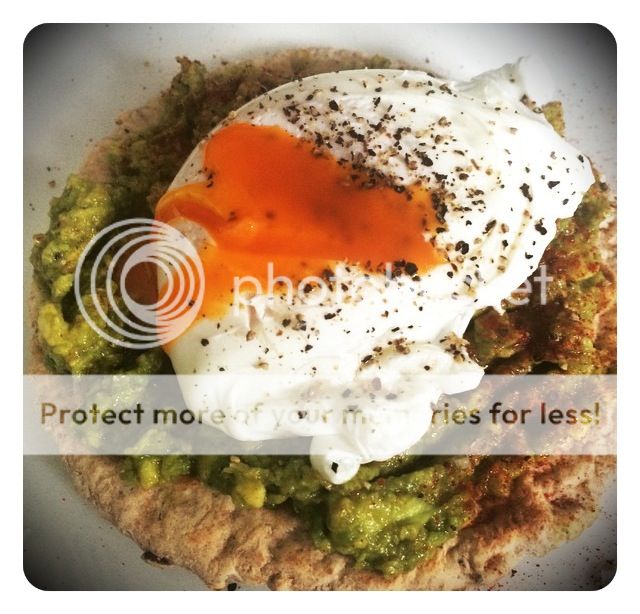

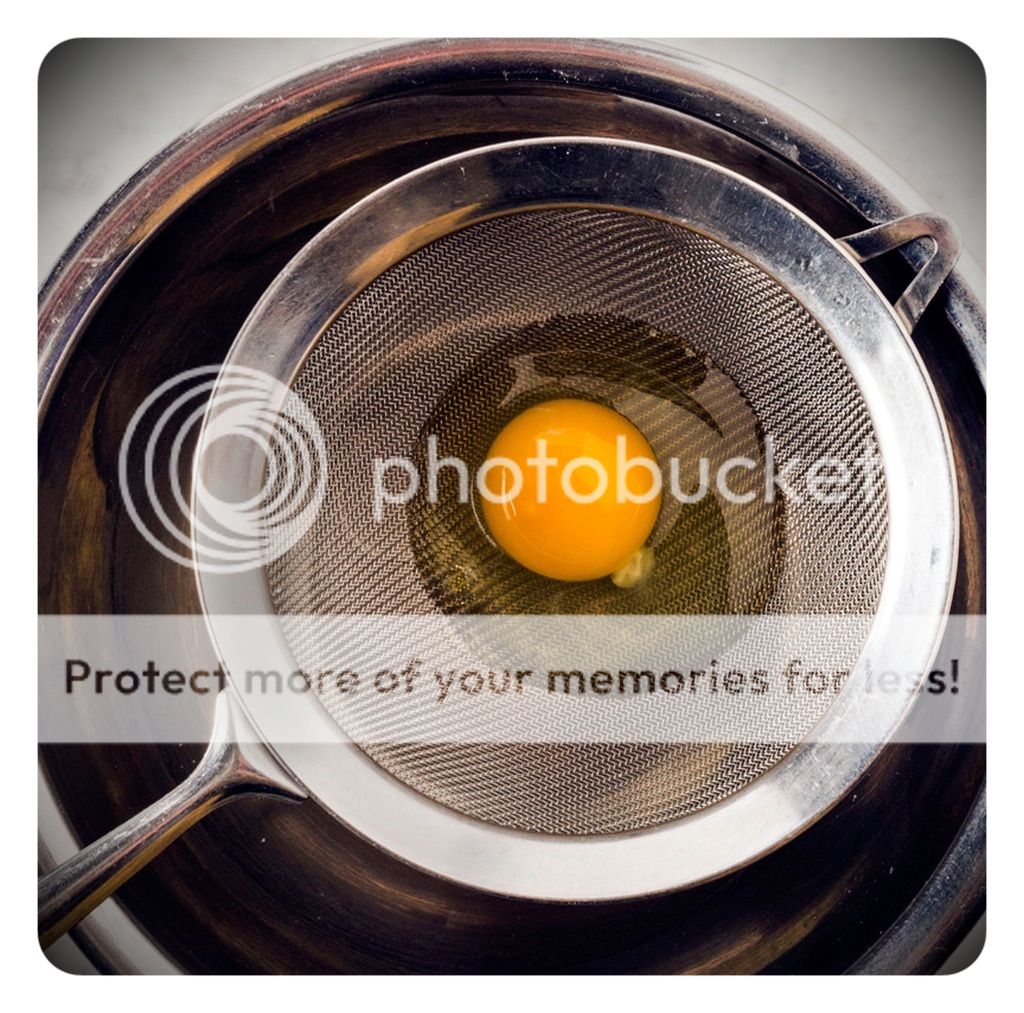
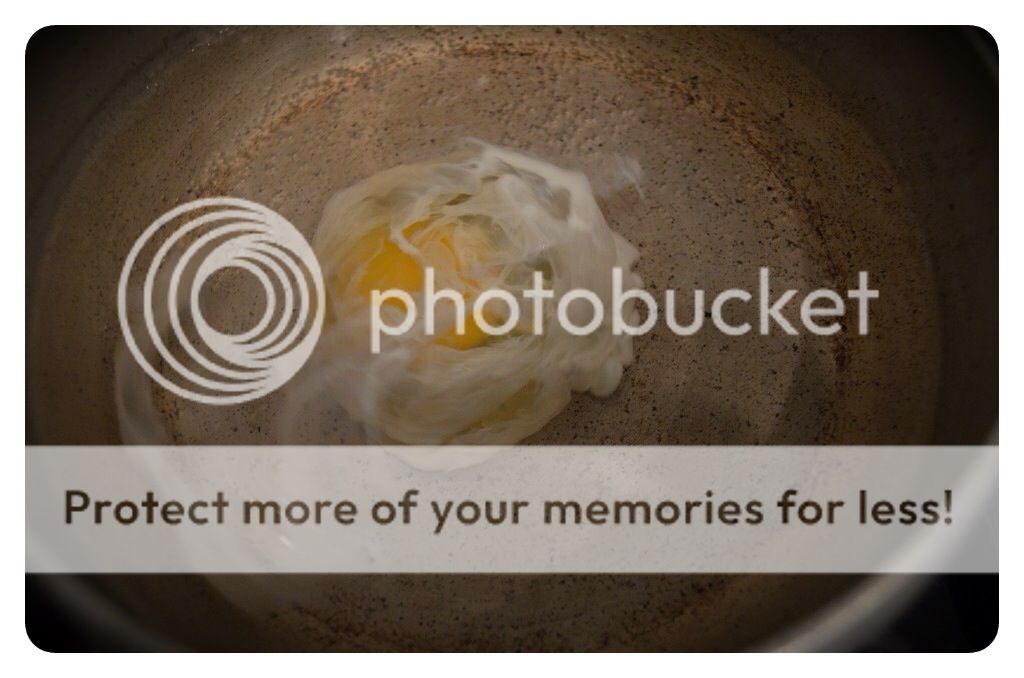
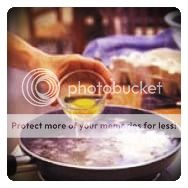
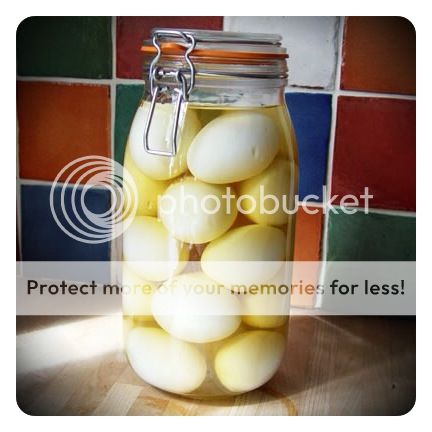
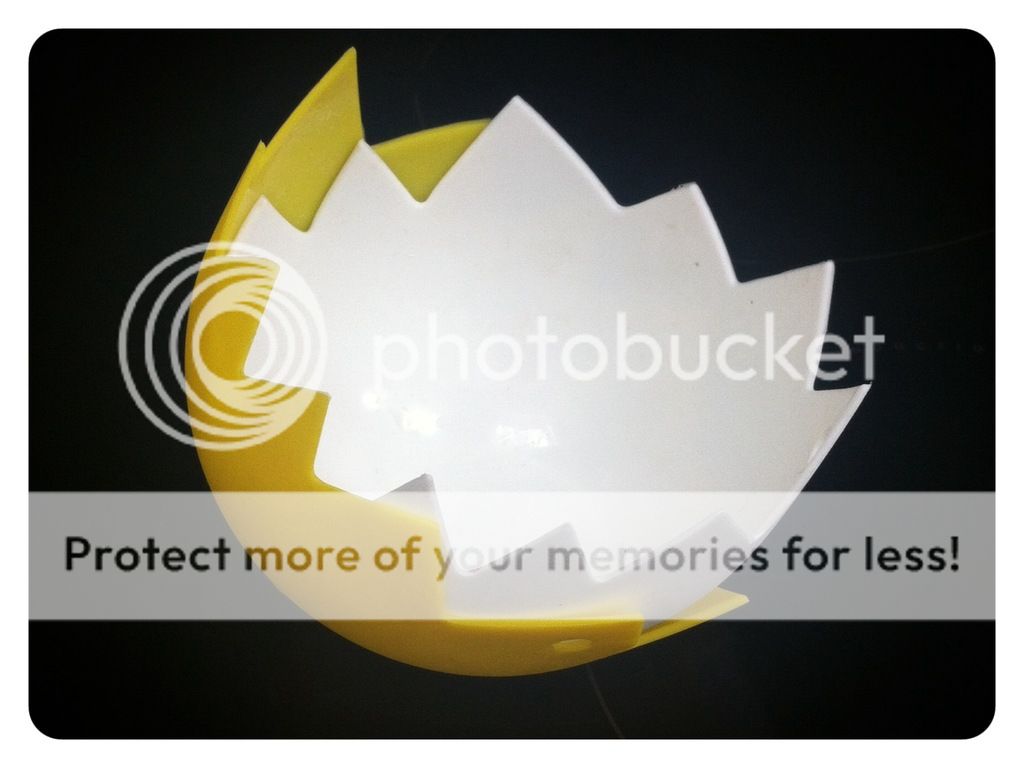
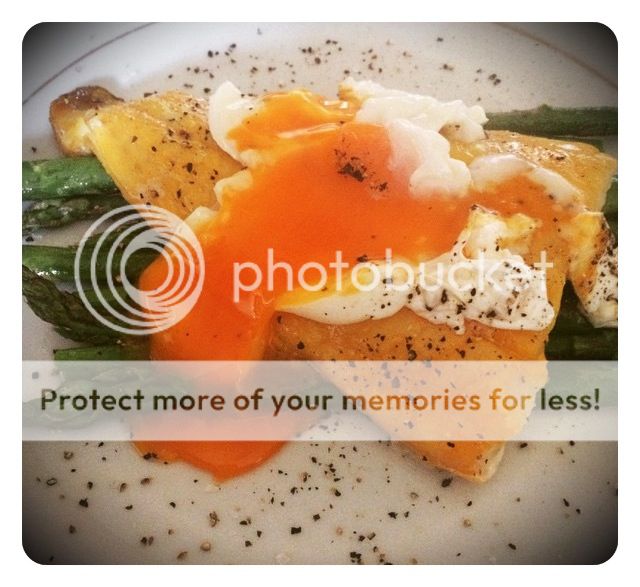



Lovely post! Ive never ever poached and egg, it seems like hard work lol.. nice tips, the moulds seem to work best :)
ReplyDeleteMy boyfriend says to crack all the egg in a shot glass, stir the water in one direction and drop it into the centre.. putting some sunflower or olive oil in the water beforehand helps too x
Leanne's Lifestyle Blog
It's not that difficult and I LOVE them so I was thrilled when I finally worked out how to do it. I've never heard of adding oil to the water, that's interesting
DeleteI usually cook mine and then mash them not the avocado. Doesn't look as pretty, but tastes as delicious.
ReplyDeleteLindaLibraLoca: Beauty, Baby and Backpacking
Ah I love doing that with soft boiled eggs!
DeleteLook yummy, thanks for all the tips!
ReplyDeleteMakeupmusicbooks.blogspot.com
You're very welcome, thanks for stopping by!
DeleteWow! Looks really delicious :)
ReplyDeleteI hope that you visit my blog too and maybe follow: SPIKED-SOUL.BLOGSPOT.COM :)
Have a nice day!
I'll pop over for a mooch in a sec ;)
DeleteLooks so delicious, you make my mouth water. Thanks for sharing this is a fun post to read
ReplyDeletefollow for follow?:)
xoxo
http://www.theclosetelf.com/
I never managed to do it. Thank you for the tips, going to have to try it out.
ReplyDeleteI'll let you know if I messed up again. :P
-Rupsha | Blog-Lovesicklilac | Twitter-b_rupsha
Haha yes please do!
DeleteI'm going to need a 100% foolproof method for poached eggs, but I guess this will do. Haha jkjk. Thank you so much for sharing! Hopefully I'll spare the kitchen some mess -Audrey | Brunch at Audrey's
ReplyDeleteHahaha the only time I ever ruin them is when there's too much water in the pan and it all bubbles over and there's egg white everywhere. Even then though, they're salvageable if you catch them early enough. Let me know if you try it! x
DeleteMmm, yummy ♥
ReplyDeleteℓα ℒιcσrηe - ℒa vie est ℓa petite ℓicorne.
Aren't they just?
DeletePoached eggs are one of my favourites too, I just generally love egg! Especially on toast with some baked beans, mmm. http://coffeeatmidnight13.blogspot.co.uk/
ReplyDeleteI love eggs too, in most of their incarnations
DeleteThis is the post I have been searching for my poached eggs NEVER work and I love them! Will be giving this a go this weekend :)
ReplyDeletehttp://lux-rose.blogspot.co.uk/
Haha amazing, I was the exact same! Hence this haha! PLEASE let me know if you try it x
DeleteI have just never been able to master the ability of poaching eggs. Maybe now I'll be able to!
ReplyDeletehttp://abbiejade.blogspot.co.uk/
Ha! Please try; let me know how it goes x
DeleteI love eggs so much.
ReplyDeleteI always prepare it.
The Bandwagon Chic | Instagram | Bloglovin
poached eggs are some of my favorites for breakfast! thank you so much for sharing your tips! xx. gigi. www.gigikkitchen.com
ReplyDeleteMmmm, I love eggs - poached would have to be my favourite too! :)
ReplyDeleteStyle Sunrise☀
:)
x